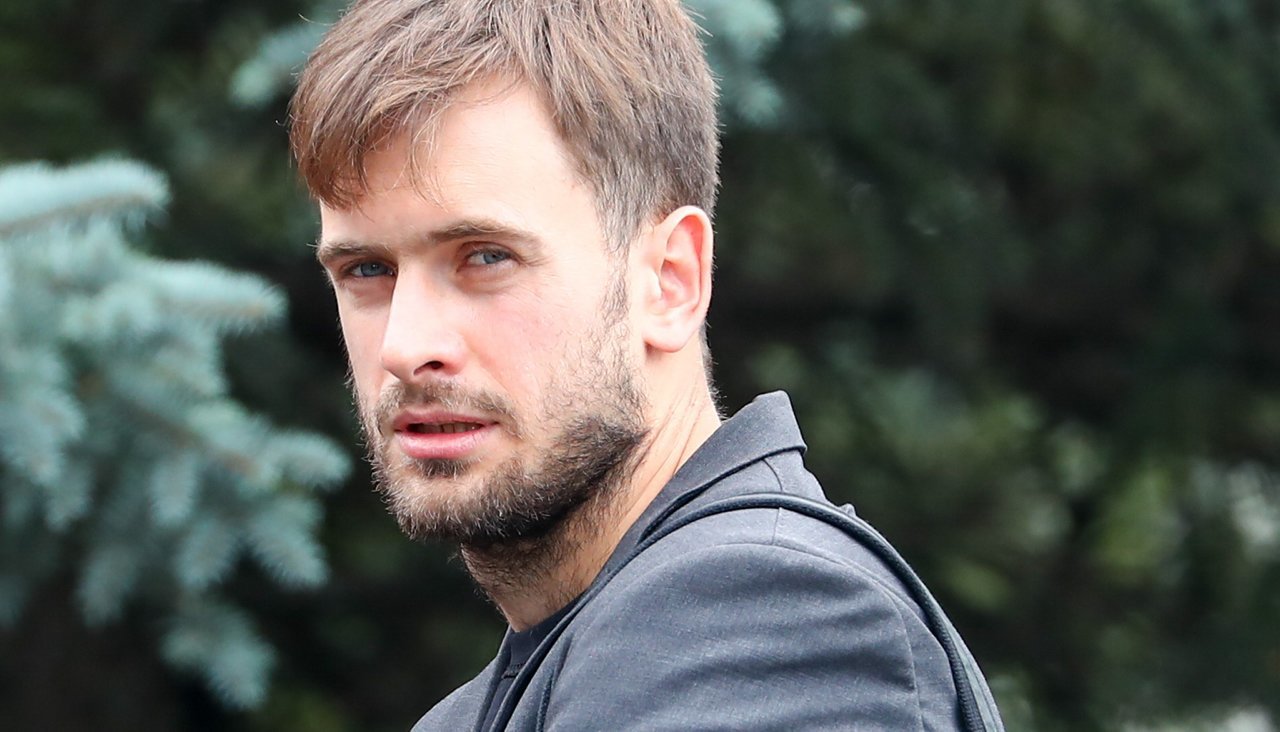By: Daniel McElroy

Pyotr Verzilov, well-known anti-Putin activist and member of the feminist art and activist group Pussy Riot, is now in critical condition in Moscow after allegedly being poisoned last Tuesday.
Verzilov was attending a court hearing for his partner, Pussy Riot member Veronika Nikulshina, on Tuesday when he began feeling unwell. He went to sleep shortly after returning home and woke up two hours later with partial vision loss. Over the following two hours, Verzilov additionally lost his ability to speak and walk in a straight line, at which point Nikulshina called an ambulance. While en route to a toxicology center, Verzilov began convulsing and was not fully conscious on arrival.
For nearly a decade, Verzilov has been instrumental in aiding the efforts of the all-female Pussy Riot—a fact which might explain his alleged targeting by Russian authorities, as anti-Kremlin dissidents have more and more often found themselves the victims of such poison attacks in recent months.
Verzilov has been a driving force within Pussy Riot since its founding together with his then partner Nadya Tolokonnikova. When Tolokonnikova and Maria Alekhina, another member, spent two years in prison from 2011 to 2012, Verzilov worked tirelessly to smuggle messages between their separate remote prison colonies, launch appeals and complaints against their case, and keep the world informed about their situation via social media and working together with NGO’s like The Voice Project.
On July 15, 2018, Verzilov and three other members of Pussy Riot (including his current partner Nikulshina), ran onto the field during the World Cup final in Moscow dressed as police. According to Pussy Riot’s Twitter, the action was meant as a reminder to the World Cup’s international audience of the police state that is modern Russia and to highlight current political prisoners such as Oleg Sentsov.
After being briefly detained, the four protesters received seemingly mild sentences of fifteen days in jail and three-year bans from attending professional sporting events. However, following their release, the state sponsored harassment began. Fist, all four—including Verzilov—were re-arrested, only to have their case thrown out by the presiding judge. Just ast Sunday, Nikulshina and one of the other World Cup protesters were arrested for apparent traffic violations. Nikulshina was again pardoned on Tuesday, but it was after this hearing that Verzilov’s condition began deteriorating rapidly.
The latest toxicology seems to indicate that Verzilov may have been somehow given an overdose of anticholinergic drugs, which affect the nervous system. On September 13 he was transferred from Bakhrushin City Clinical Hospital to the Moscow Sklifosovsky Institute. He remains unable to speak and remains in intensive care.
